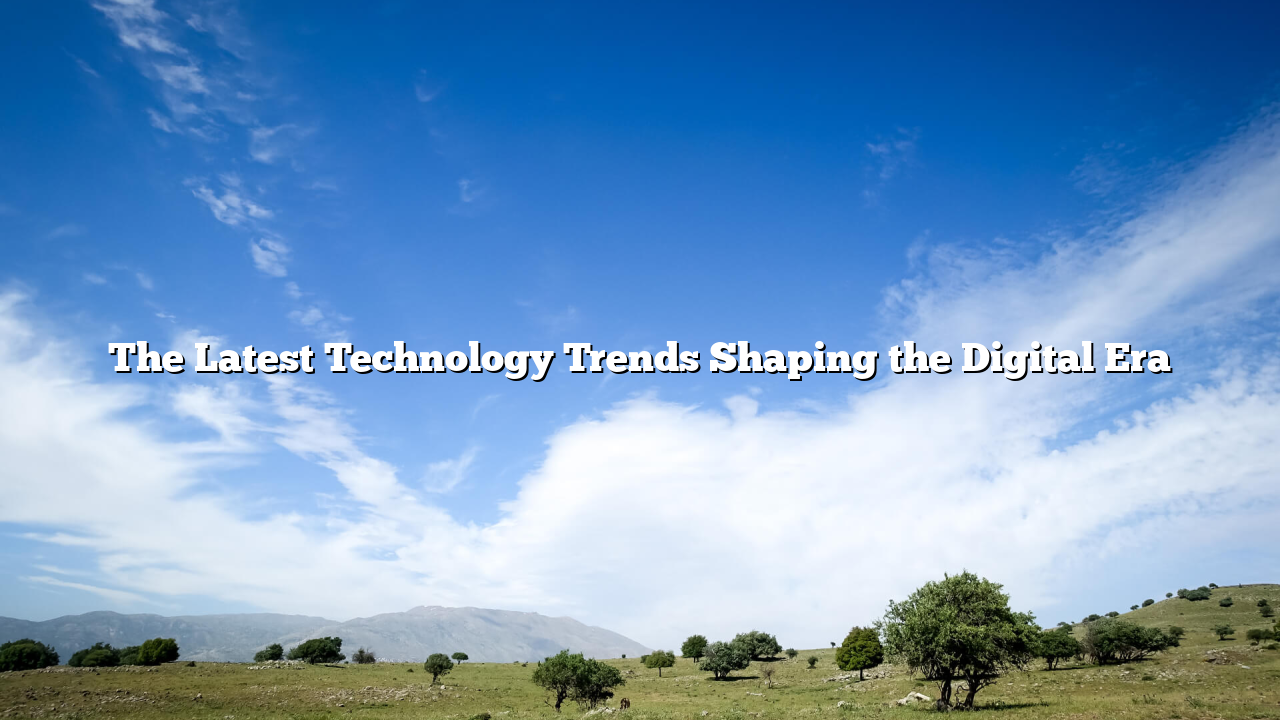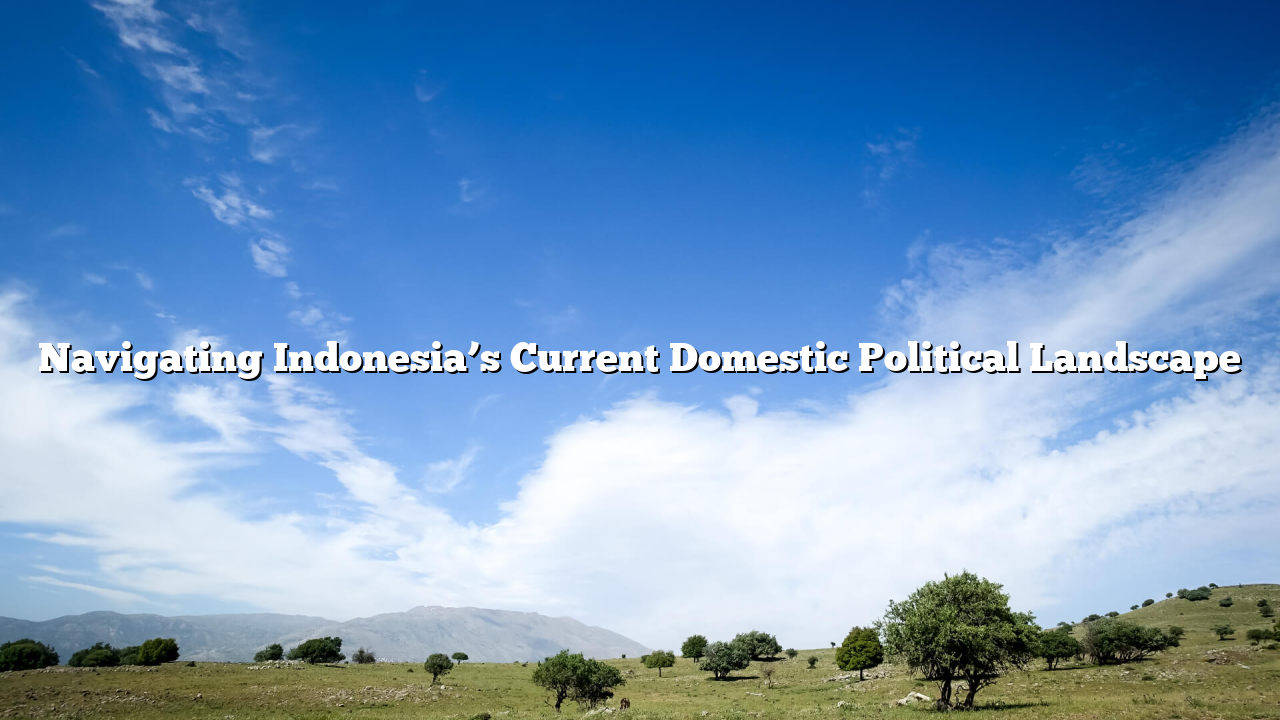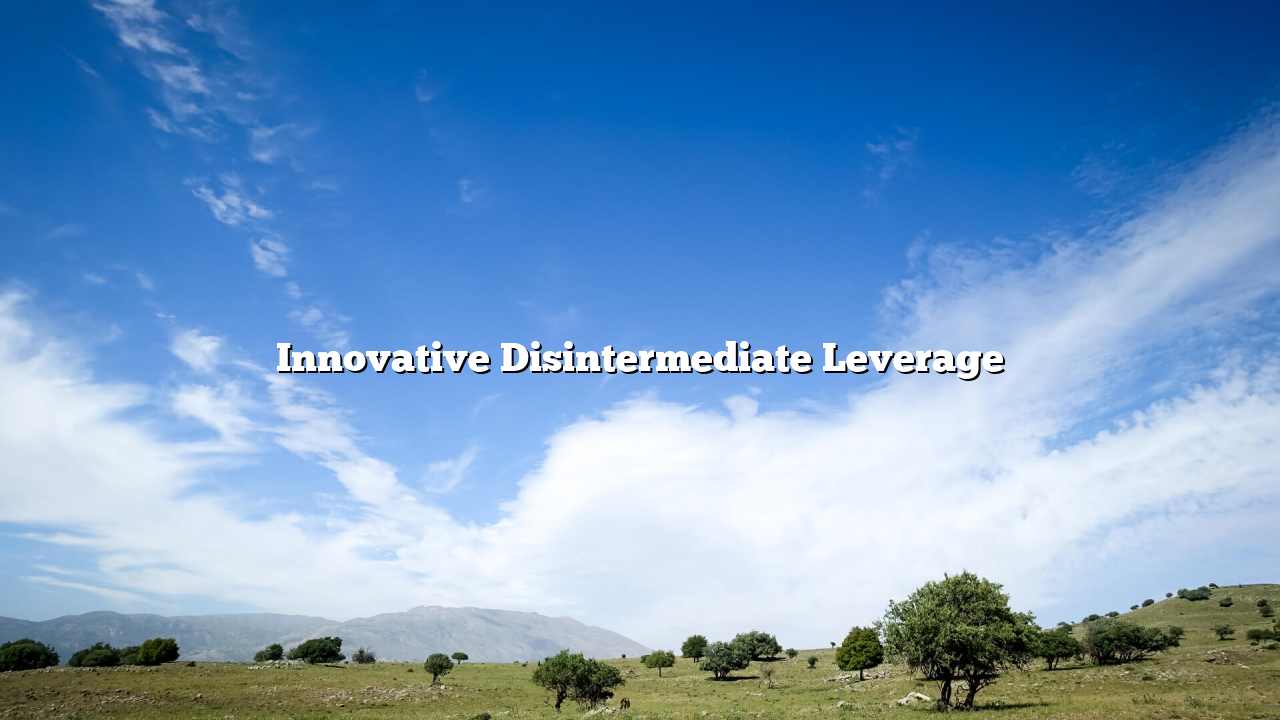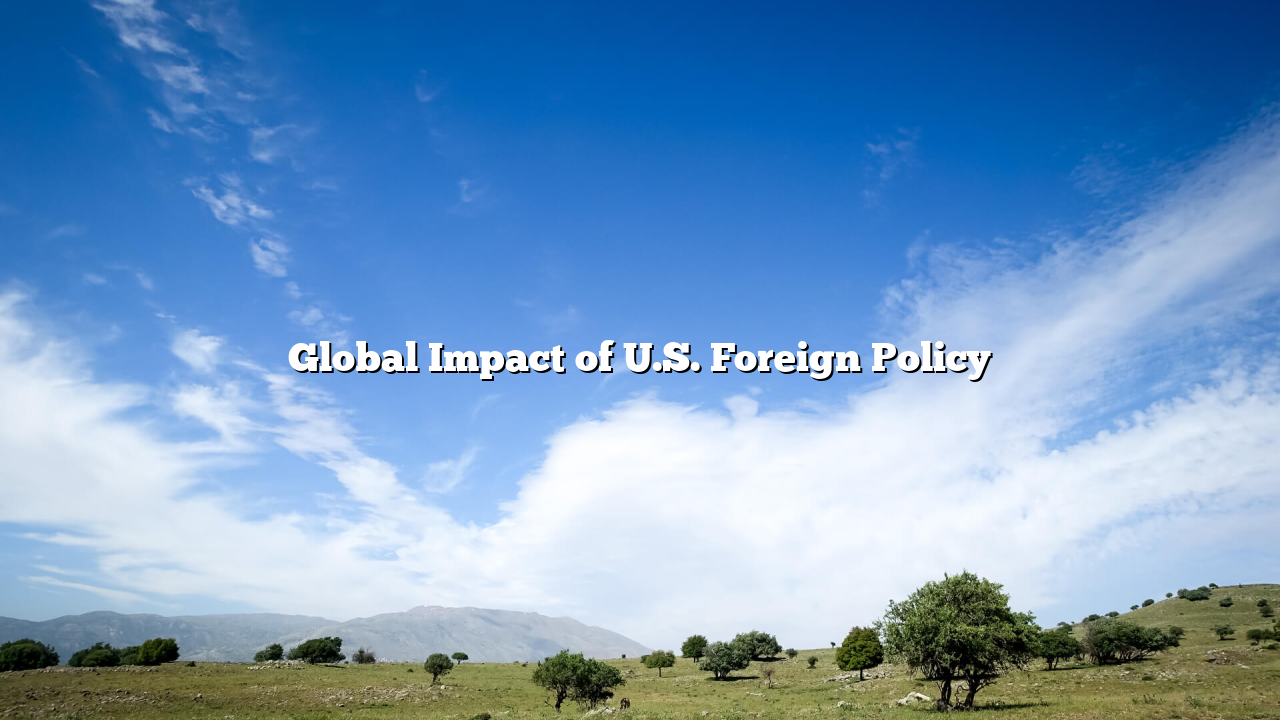Technology is evolving at an unprecedented pace, influencing almost every aspect of human life. From business and healthcare to education and entertainment, innovations are driving massive changes in the way we work, communicate, and solve problems. The latest technology trends highlight a future Tempur99 that is not only more connected and intelligent but also more sustainable and adaptive.
One of the most significant trends is Artificial Intelligence (AI). Over the past few years, AI has shifted from being a futuristic concept to an everyday tool. It powers recommendation systems on streaming platforms, chatbots that assist customers, and even advanced medical diagnostics. The rise of generative AI—capable of creating text, images, and even music—has expanded its use cases across industries. While it brings efficiency and creativity, it also raises ethical concerns about bias, data privacy, and the potential replacement of human jobs.
Another powerful driver of change is the Internet of Things (IoT). As more devices become interconnected, from smart home appliances to industrial sensors, IoT is creating ecosystems that are highly efficient and data-driven. For instance, smart cities are using IoT to monitor traffic, energy usage, and public safety. However, this growing network of connected devices also makes cybersecurity more critical than ever, as each endpoint could be a potential vulnerability.
5G technology is another game-changer. Offering ultra-fast internet speeds and lower latency, 5G is enabling innovations such as autonomous vehicles, immersive virtual reality (VR), and augmented reality (AR) experiences. Beyond consumer applications, industries such as manufacturing and logistics are leveraging 5G for real-time monitoring and automation, setting the stage for greater productivity and innovation.
Meanwhile, blockchain and Web3 technologies are reshaping how digital transactions and ownership are perceived. Beyond cryptocurrencies, blockchain is being applied in supply chain transparency, digital identity verification, and secure data management. Although challenges like regulation and mass adoption remain, its potential to decentralize systems and empower individuals is undeniable.
Sustainability has also become a central theme in technology development. The rise of green technologies reflects growing global concerns about climate change. Innovations in renewable energy, electric vehicles, and energy-efficient devices aim to reduce environmental impact while meeting increasing digital demands. Companies are under more pressure than ever to adopt eco-friendly practices, and technology is at the forefront of this transformation.
On the frontier of research lies quantum computing, a technology with the potential to solve problems far beyond the capabilities of classical computers. While still experimental, it holds promise in areas like pharmaceutical research, materials science, and cybersecurity. The ability of quantum computers to process complex calculations in seconds could revolutionize industries once considered too data-intensive to innovate rapidly.
As these trends converge, society faces both opportunities and challenges. The promise of smarter cities, more efficient industries, and greater accessibility to information is exciting. Yet issues such as data privacy, the digital divide, and the ethical use of emerging technologies must be carefully addressed. Policymakers, businesses, and individuals all have a role to play in ensuring that these innovations create inclusive and sustainable growth.
In conclusion, the latest technology trends—AI, IoT, 5G, blockchain, green tech, and quantum computing—are reshaping the world in ways that were unimaginable just a decade ago. They signal a future where technology is deeply embedded in daily life, offering powerful solutions but also demanding responsible management. The path forward requires balancing innovation with ethics, efficiency with sustainability, and progress with inclusivity.











Leave a Reply